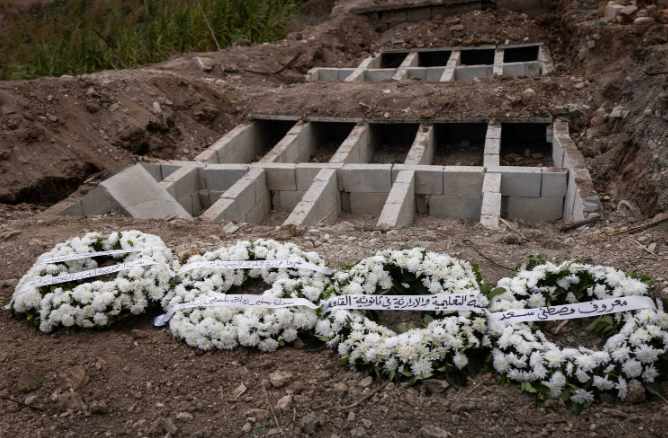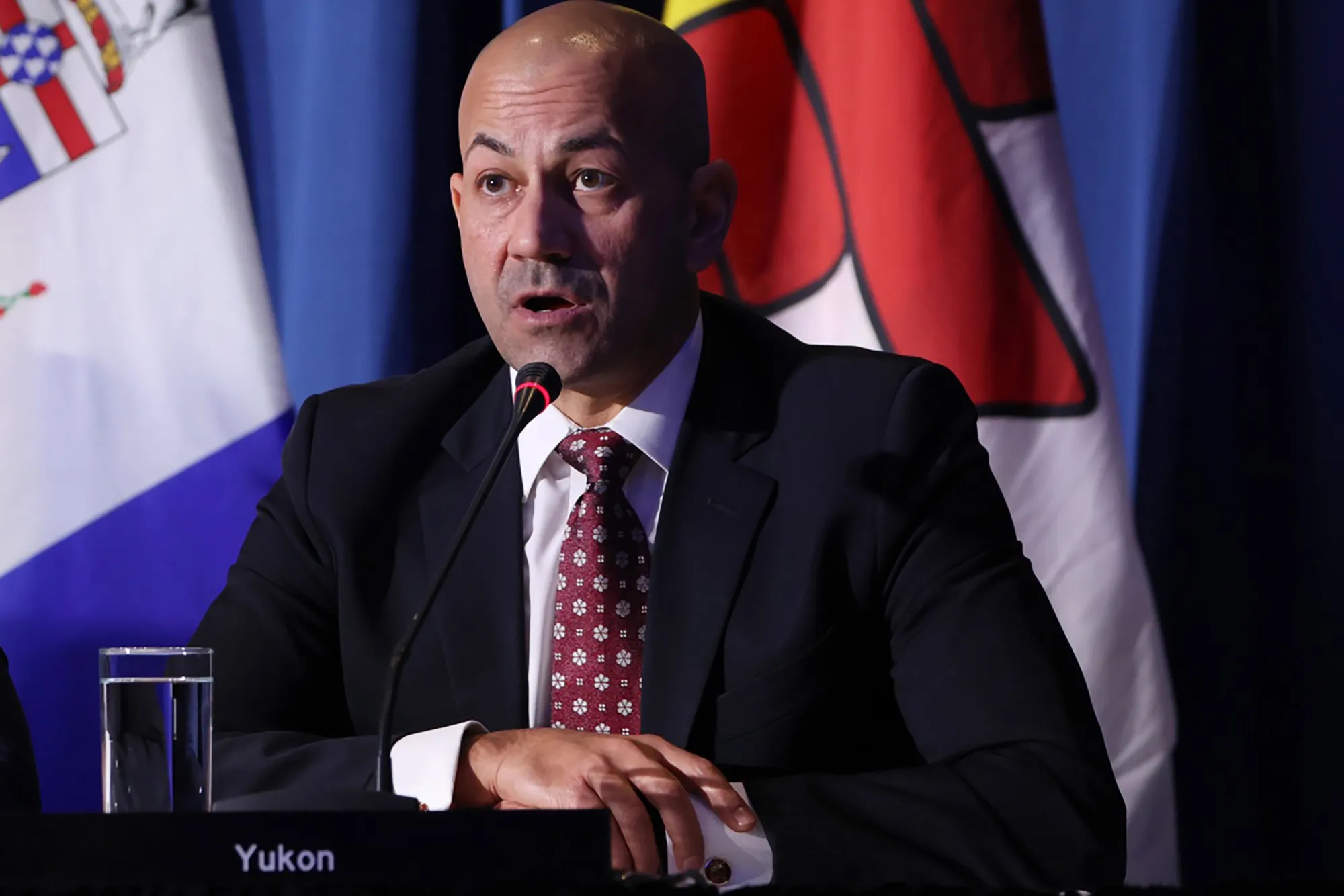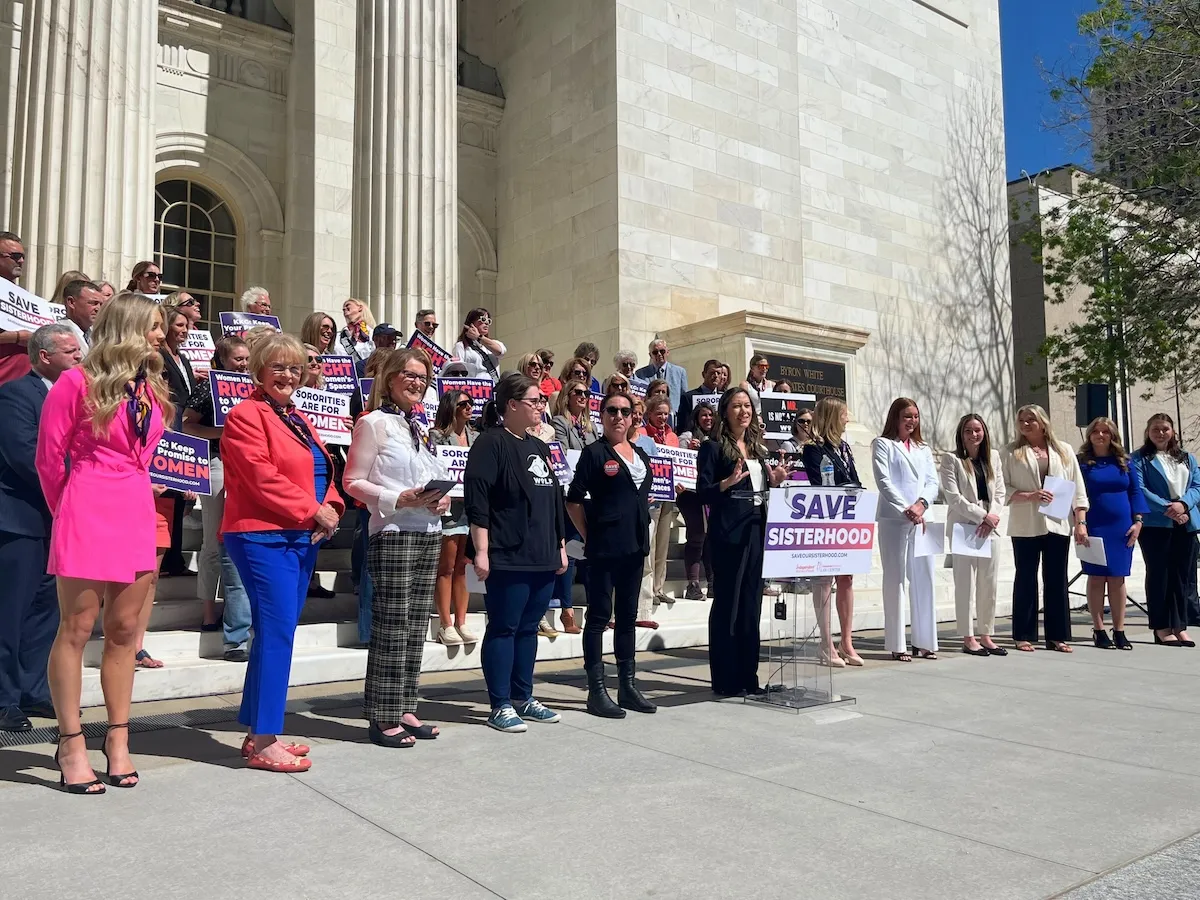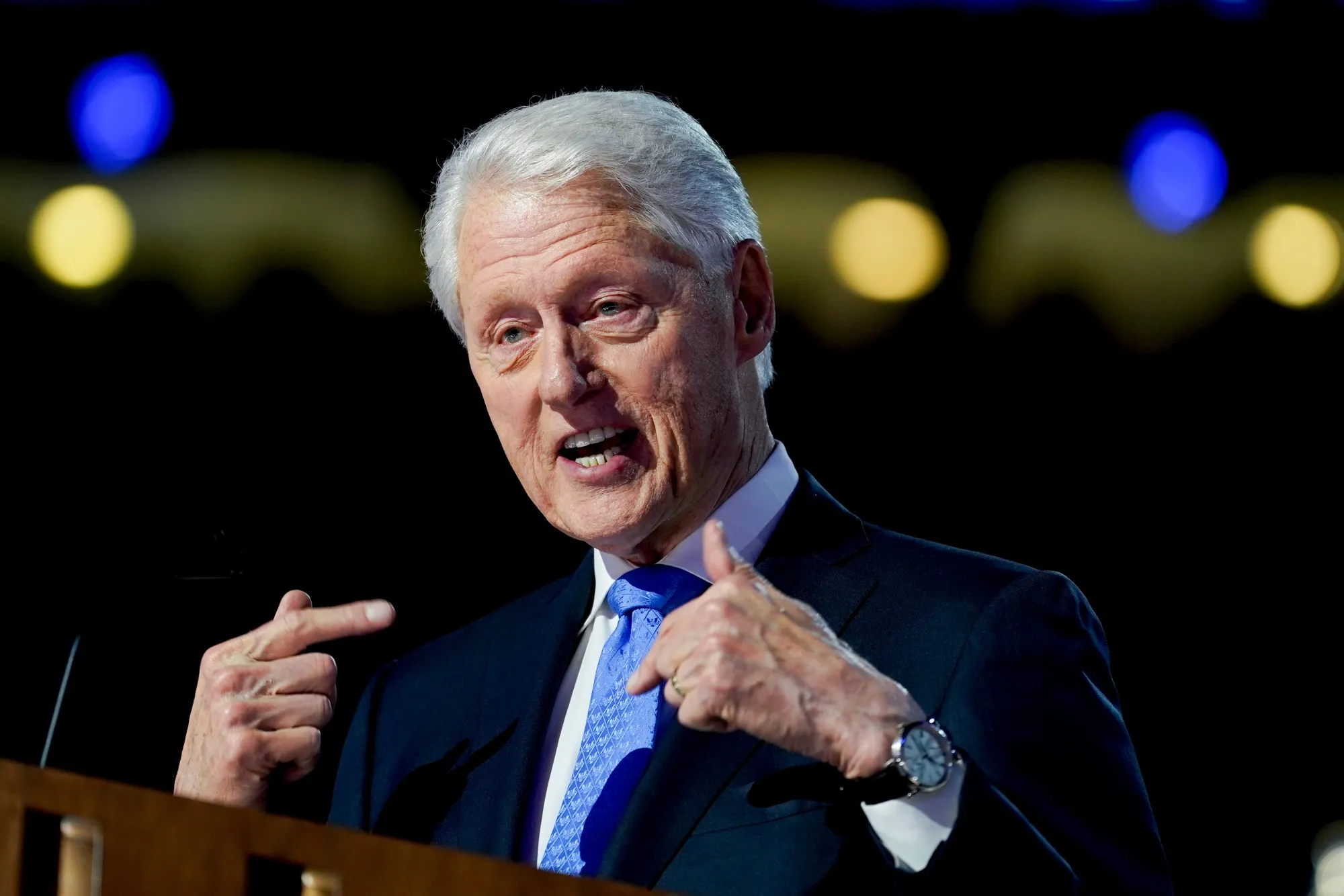A Wave of Grief in Lebanon: Families Mourn Victims of Deadly Airstrike

In the coastal city of Sidon, Lebanon, mourners gathered at a graveyard to bury 13 victims killed in an Israeli airstrike on Sunday, the New York Times reports.
Women leaned on each other for support as coffin after coffin arrived, part of a tragic toll of at least 45 people killed in the strike. It was one of the deadliest moments in the ongoing Israeli bombardment of Lebanon, which officials claim targets Hezbollah militants and facilities.
The airstrike hit an apartment building where many of the victims had sought refuge after fleeing other areas of southern Lebanon under Israeli evacuation orders. Among those killed were families and individuals whose lives had already been upended by the conflict. Narmin Jradi, a 20-year-old planning her wedding, died on the ground floor. Siblings Majid and Malek Hannach, aged 12 and 13, also lost their lives, along with 18-year-old Mohammad Hannach, who had been preparing to study engineering next year.
As bodies were recovered from the site, relatives expressed anguish and disbelief.
“Why us? Why always us?” cried Nariman al-Sawi, whose son and granddaughter were killed.
The granddaughter’s body had been found wrapped in her father’s arms, a heartbreaking image of the devastation.
On Tuesday, rescue workers continued to search through the rubble, knowing the likelihood of finding survivors had faded. The voices that had called for help in the immediate aftermath of the strike had long fallen silent.
Among the rescue efforts, Mohammad Ahmed Jradi recalled arriving at the scene less than an hour after the attack, where he had heard his aunt and uncle’s cries for help. Despite the rescue team’s efforts, they did not survive.
“This is Lebanon,” he said.
The funerals became a collective moment of mourning, as hundreds of people attended to support the grieving families. Mohammed Abdullah, injured in the attack, mourned alongside his brother Ibrahim; both had lost their parents in the strike. In a heartbreaking scene, Amira Hannach guided her tearful mother, Fatima, out of the mosque, her voice trembling with fear over the loss of three of her nieces and nephews.
“They were just civilians,” her mother lamented.








